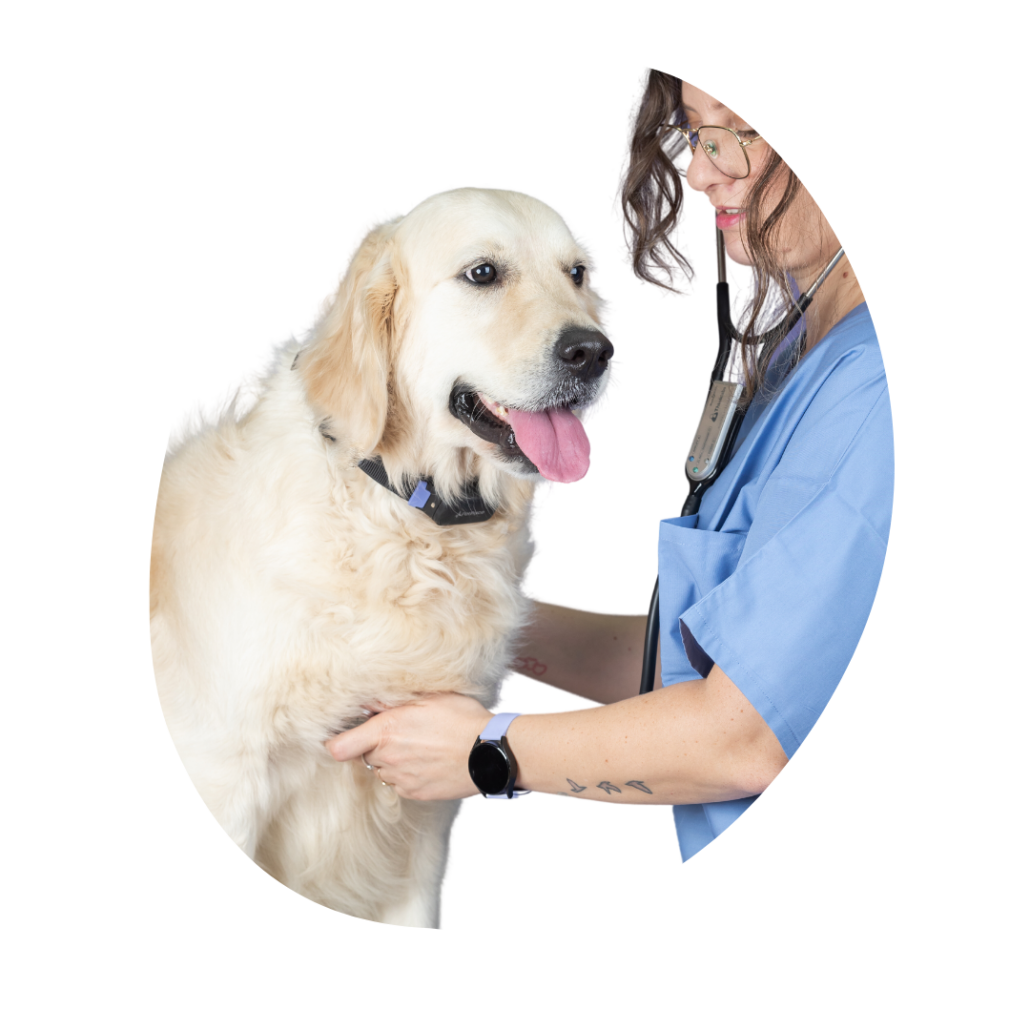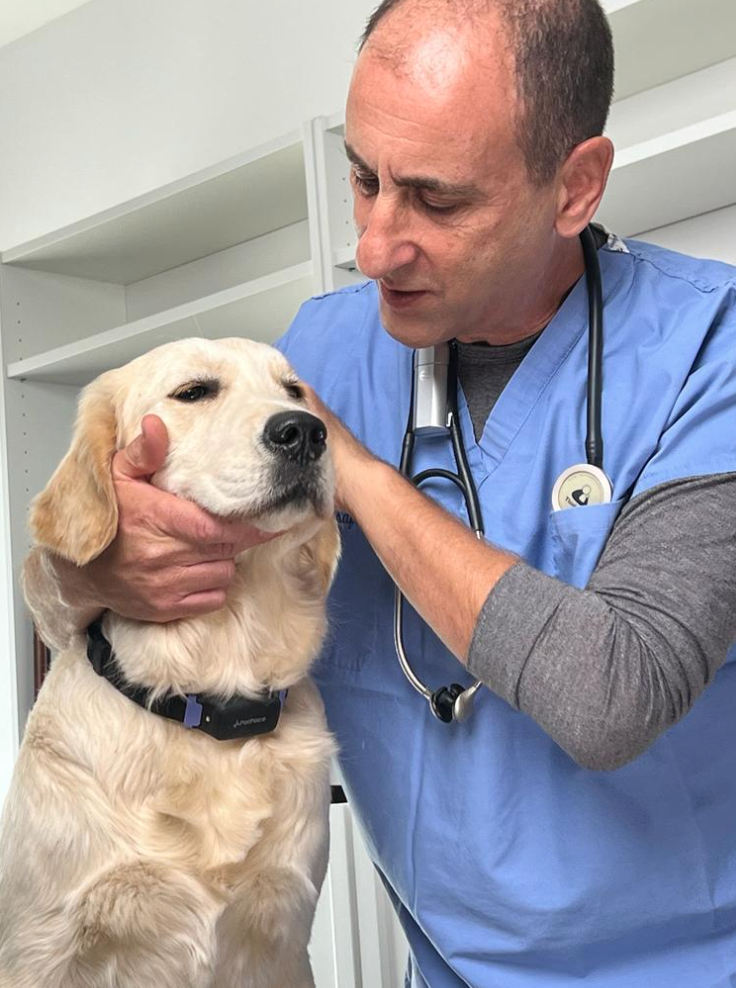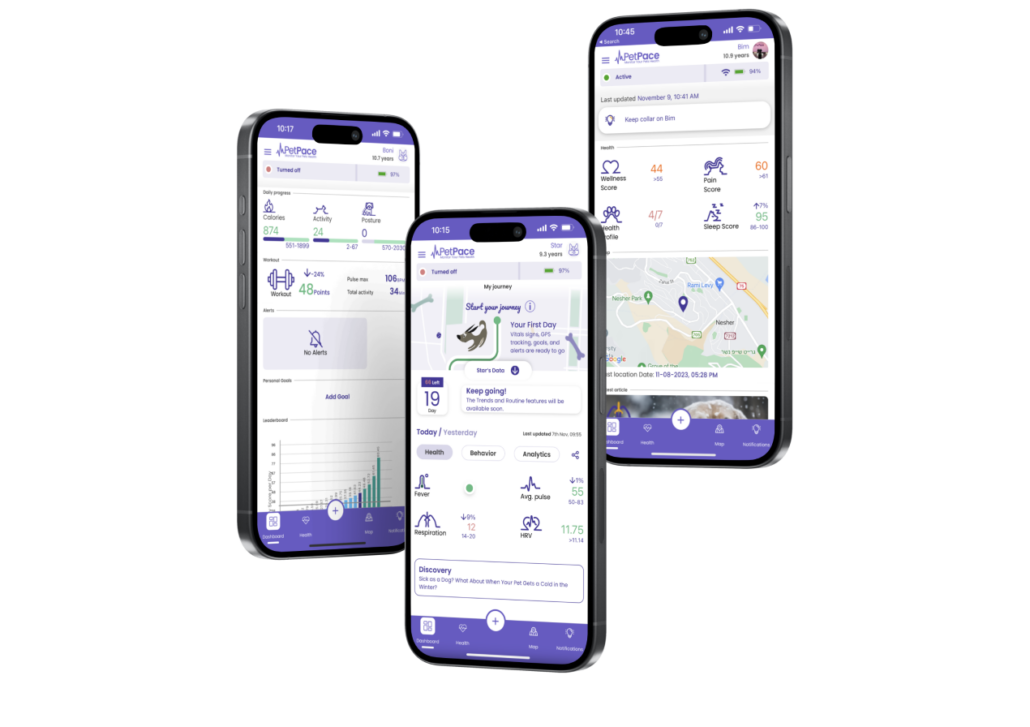Ensuring the well-being of your cherished canine companion involves regular veterinary check-ups, akin to the routine health care humans receive. Much like us, dogs require periodic medical assessments to detect and preempt potential health concerns. The question remains: How often must you take your dog to the vet?
Let’s delve into the determinants influencing the frequency of vet visits and the recommended timetable for various life stages. Crucial considerations encompass your dog’s age, overall health, medical history, breed, and size.
Determining the Optimal Frequency for Veterinary Visits
Puppies necessitate more frequent vet visits compared to their adult counterparts. Unanticipated vet visits might arise if you notice certain indicators, such as alterations in eating habits, weight fluctuations, behavioral shifts, or changes in elimination patterns. Preventative care measures, encompassing vaccinations, parasite prevention, dental care, proper nutrition, and exercise, play a pivotal role in sustaining your furry friend’s health. Grasping the significance of routine vet visits and adopting preventative care measures is paramount to ensuring your dog’s enduring happiness and well-being.

The Significance of Regular Veterinary Check-ups for Dogs
Routine vet check-ups are instrumental in safeguarding the health and happiness of our furry companions. Unveiling the importance of these scheduled visits sheds light on their profound contribution to canine health. Discerning the merits of routine vet check-ups ensures that our dogs receive the attention and care they rightfully deserve. Let’s explore the pivotal role these appointments play in securing the ongoing well-being of our beloved dogs.
The Importance of Routine Vet Visits for Canine Health
Routine vet visits stand as a cornerstone for sustaining the overall health and well-being of dogs. These periodic check-ups are instrumental in the early detection and prevention of potential health issues, thereby averting the progression of more serious conditions. Here, we underscore the pivotal role of routine vet visits in canine health:
- Early detection and prevention: Thorough physical examinations during routine vet visits facilitate the identification of latent health problems not immediately apparent. Early detection permits timely intervention to prevent the exacerbation of issues.
- Vaccinations: Essential for shielding dogs against contagious diseases, routine vet visits ensure dogs are up-to-date on vaccinations. This fortifies their immune system, enhancing their ability to combat infections.
- Parasite prevention: Regular vet visits empower the implementation of preventative measures against parasites like fleas, ticks, and worms. This proactive approach assists in averting potential health complications.
- Dental care: Dental health is integral to a dog’s overall well-being, and routine vet visits facilitate proper dental care. From cleanings to addressing dental issues, vets ensure your dog’s teeth and gums remain healthy.
- Nutritional guidance and exercise: Vets offer valuable counsel on nutrition and exercise tailored to your dog’s specific needs. This guidance promotes optimal health and guards against obesity-related problems.
Safeguarding your dog’s health and forestalling future complications hinges on the vitality of routine vet visits. Prioritizing these appointments guarantees your furry friend receives the necessary care, monitoring, and counsel for a wholesome and lengthy life.

Factors Influencing the Frequency of Veterinary Visits
Curious about the optimal frequency for your dog’s vet visits?
The answer hinges on several pivotal factors. In this segment, we dissect the determinants that shape the cadence of your dog’s veterinary appointments. From age and breed to size and overall health, each facet plays a crucial role in outlining their healthcare needs. The dog’s past medical history also factors in. Let’s unravel the key considerations guiding the scheduling of vet appointments for your cherished canine companion.
Age of the Dog
When contemplating the age of your dog, specific considerations arise regarding their veterinary care:
- Puppyhood: This critical developmental stage demands more frequent vet visits. Puppies necessitate vaccinations to ward off infectious diseases and deworming treatments for parasite prevention. Ideally, puppies should visit the vet every 3-4 weeks until around 16 weeks of age.
- Adult Dogs: Transitioning into adulthood alters the veterinary requirements. A healthy adult dog typically requires an annual vet visit for a comprehensive wellness check-up, including a physical examination, necessary vaccinations, and preventive care discussions.
- Senior Dogs: The aging process may necessitate more frequent vet visits for senior dogs, usually every 6 months. These check-ups help monitor overall health, manage chronic conditions, and address emerging concerns specific to aging.
It’s crucial to acknowledge that the frequency of vet visits may fluctuate based on the individual dog’s health and unique needs. If your dog displays signs of illness or injury at any age, prompt veterinary attention is imperative.

Breed and Size
Contemplating regular vet check-ups for your dog mandates consideration of their breed and size. Distinctive breeds and sizes entail unique health needs, often requiring specialized care. Let’s delve into a table spotlighting specific health considerations for different breeds and sizes:
Breed/Size Health Considerations
- Small Breeds (e.g., Chihuahua, Dachshund) are Predisposed to dental issues, patellar luxation, and obesity.
- Medium Breeds (e.g., Beagle, Bulldog) Susceptible to hip dysplasia, allergies, and certain cancers.
- Large Breeds (e.g., Labrador Retriever, German Shepherd) are prone to joint problems like hip and elbow dysplasia, bloat, and specific heart conditions.
- Giant Breeds (e.g., Great Dane, Saint Bernard) Susceptible to bone and joint disorders, gastric dilatation-volvulus (GDV), and certain cancers.
Understanding the health concerns tied to your dog’s breed and size empowers you to prioritize their well-being. Routine vet check-ups become instrumental in monitoring potential health issues and addressing them in a timely manner.
By adopting a proactive stance, you ensure your dog receives the necessary preventive care, encompassing vaccinations, parasite prevention, routine dental care, and a balanced diet tailored to their breed and size. Regular exercise further bolsters their health and vitality.
Remember, each dog is unique, and their individual needs may even vary within the same breed and size category. Seeking guidance from your vet offers personalized insights into how often you should schedule check-ups, ensuring your dog’s optimal health.
Owner Accounts vs. Objective Insight
When it comes to managing your dog’s health or disease, vets face challenges relying on owner accounts, which may lack accuracy. Pets behave differently at the clinic than at home, creating a gap in the full health picture. This highlights the need for more accurate insights, a gap filled by innovative health and smart solutions like PetPace.
The Paradigm Shift: Canine Healthcare with PetPace
As we embark on the journey of prioritizing our furry friends’ health, there’s a groundbreaking ally that stands poised to redefine the landscape of canine healthcare – PetPace Health 2.0. Beyond the traditional scope of routine veterinary visits, PetPace steps into the forefront, offering a revolutionary approach to pet healthcare. PetPace does not replace your routine vet visits, but it offers veterinarians a comprehensive understanding of a pet’s health. This shift towards a more precise and holistic approach signifies a promising leap forward in effective health pet care.
PetPace isn’t just a piece of technology; it’s a paradigm shift in how we monitor, understand, and proactively address our dogs’ well-being. Imagine a world where your dog’s health is continuously monitored, providing a noninvasive approach with real-time insights into their vital signs, behaviors, and overall health condition. This is the promise of PetPace.



